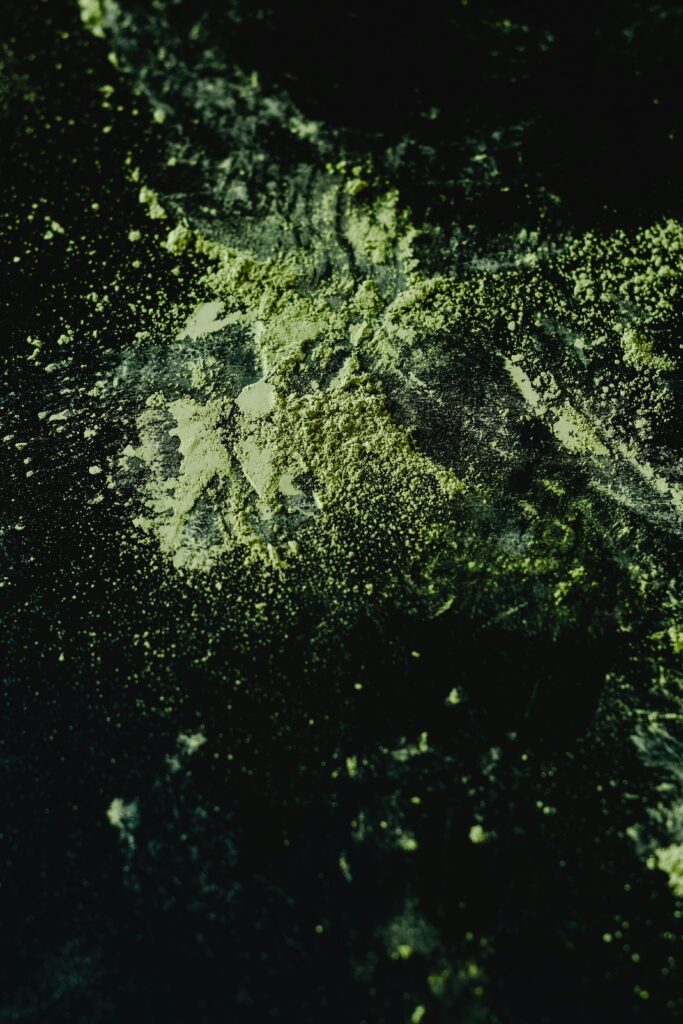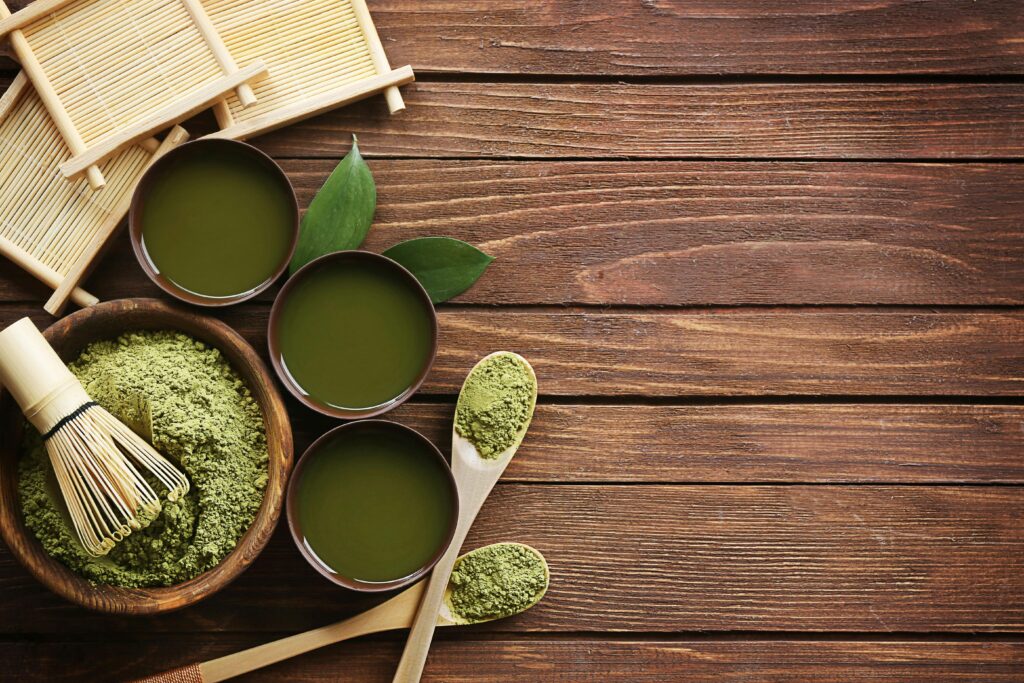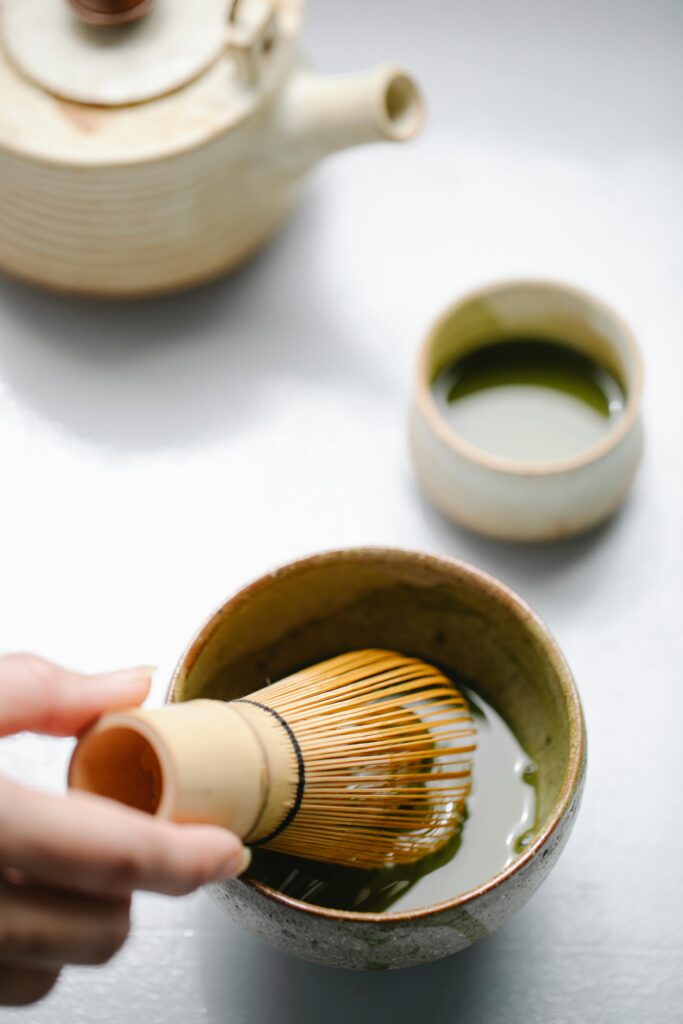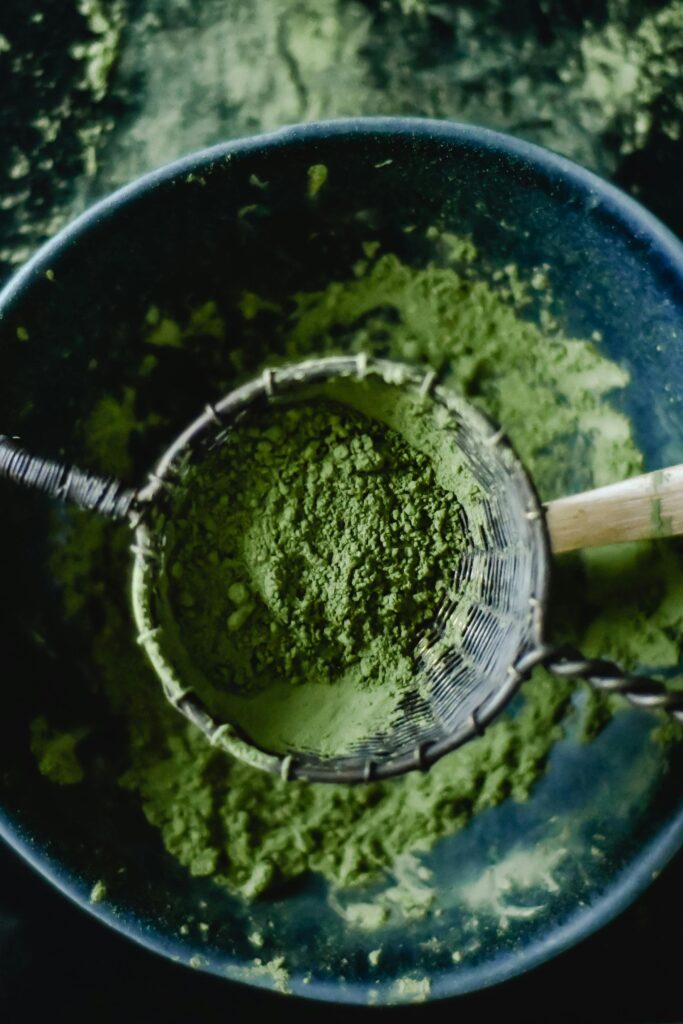Are you a Matcha seller? Join as a Vendor
Uji is a historic city in Kyoto where matcha cultivation began over 800 years ago. Its unique climate and soil create distinct flavor profiles across varieties.
There are no results matching your search
There are no results matching your search Reset filters?





Join our mailing list to receive updates and exclusive tips.
There are no results matching your search